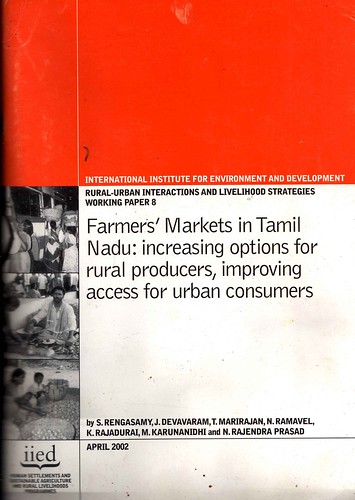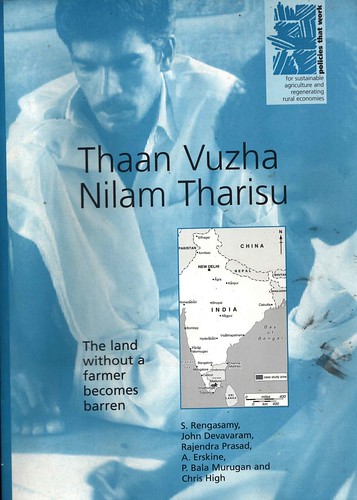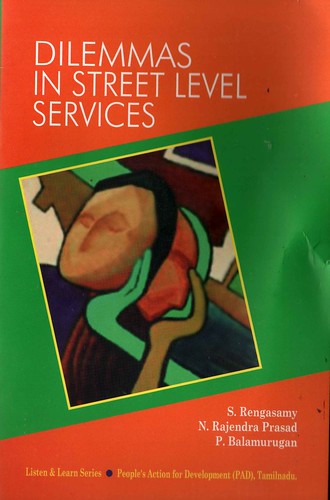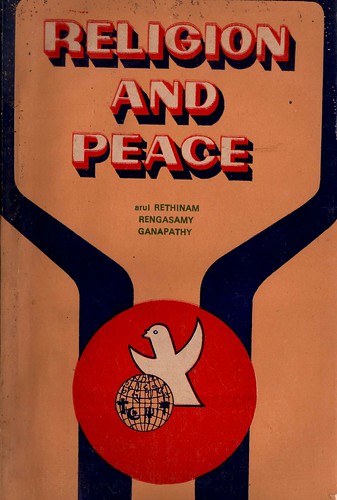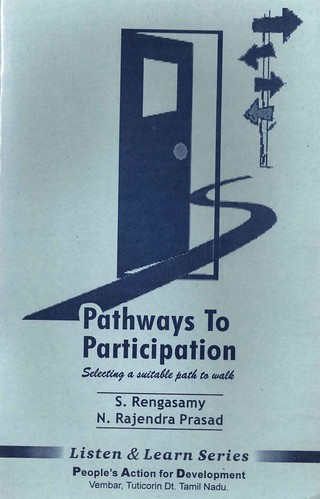2/12/09
2/11/09
Community Studies ..Celebrating Diversity ..
உண்மை சொன்னால் உண்மை பலிக்கும். நன்மை சொன்னால் நன்மை பலிக்கும்
Sourastras, Nadars, Vannars and Arunthathiyars in Madurai. How great these communities are?
Madurai Institute of Social Sciences shifted its focus from generic to specialization in MSW course in the year 1987. As a teacher of community Development, I was concerned about providing sufficient exposure to understand the complexities associated with understanding communities to my students. Even without knowing the meaning and methods of community studies, I encouraged my students to take up studies of their own communities (Castes). I naively believed that understanding one's own community may serve as a first step to understand communities in general. I earnestly thought that such attempts will provide knowledge and skills needed to work in the field of community Development. At that time I was more instinctive than intellectual. (Even now I have not changed ?)

It was these students and their field work made me to realize the greatness of these communities. Both these communities with their rich institutional assets contributed for the development of the Madurai city. Even some three decades before, Muralidhar identified more than 50 sourastra organizations serving both sourastra and non sourastra communities in Madurai City. Nadar Uravin Murai is a source of support not only for Nadars but also for Non Nadars.The greatest mistake that we committed is, we refused to learn lessons and draw inspiration from our own brothers. There are several communities and factors that sustained the development of Madurai City and the contribution of these communities are worthy enough to mention thankfully.
Though I was not intellectually equipped then to understand and analyze the information brought by these two enthusiastic students, but I was matured enough to understand the contributions of these communities to the broader society. As a teacher of community Development, I feel ashamed of my self for my inability to develop conceptual clarity to understand various community situations from these studies.
Community development as an academic discipline is always in the forefront to celebrate diversity. If Muralidhar and Uthama Singh taught me the beauty of diversity, following their footsteps other students made me to realize the dignity of other marginalized communities. It was Mr. who made me to realize the beauty of Washerman Community and Mr. M. Suresh brought the beauty of Arunthathiar Community.

1. Listening the Voices of Arunthathiyars in Madurai >>>>
2/2/09
Spirituality and Participatory Rural Appraisal
கறந்த பால் கறந்தபடியே பேசு
I could 

Thanks to Mr. Loganathan of ISED, who introduced me to Dr. John Devavaram (JD), founder of SPEECH and RCPDS. Seeing my interest in Robert Chamber, he offered me a chance to meet Chamber and then a training in Participatory Rural Appraisal.
My memories go around the Round Shed in SPEECH, Tiruchuli, where hundreds of Govt & NGO staffs were trained by Dr. John in PRA. With ease and expertise it was Mr. John who upscaled the application of PRA practice in different parts of the world.
There were several parallels between PRA and the Philosophy of Creative Intelligence (Transcendental Meditation) propounded by H.H. Maharishi Mahesh Yogi. Unlearning, handing over the stick, attitudes, humility to listen are some of the fundamentals common to both. As a TM practitioner, I was able to understand PRA better than other participants. My interest in PRA

SPEECH and PAD were my extended class rooms where I sat with humility and reverence and learned a lot.
I accidently found a paper that I presented it in the South South Workshop on PRA held on July 1996.
The article tries to look at PRA from a totally different perspective which needs to be further examined. It may ultimately lead to new ways of bringing attitude and behavior change of an enduring nature >>>>

